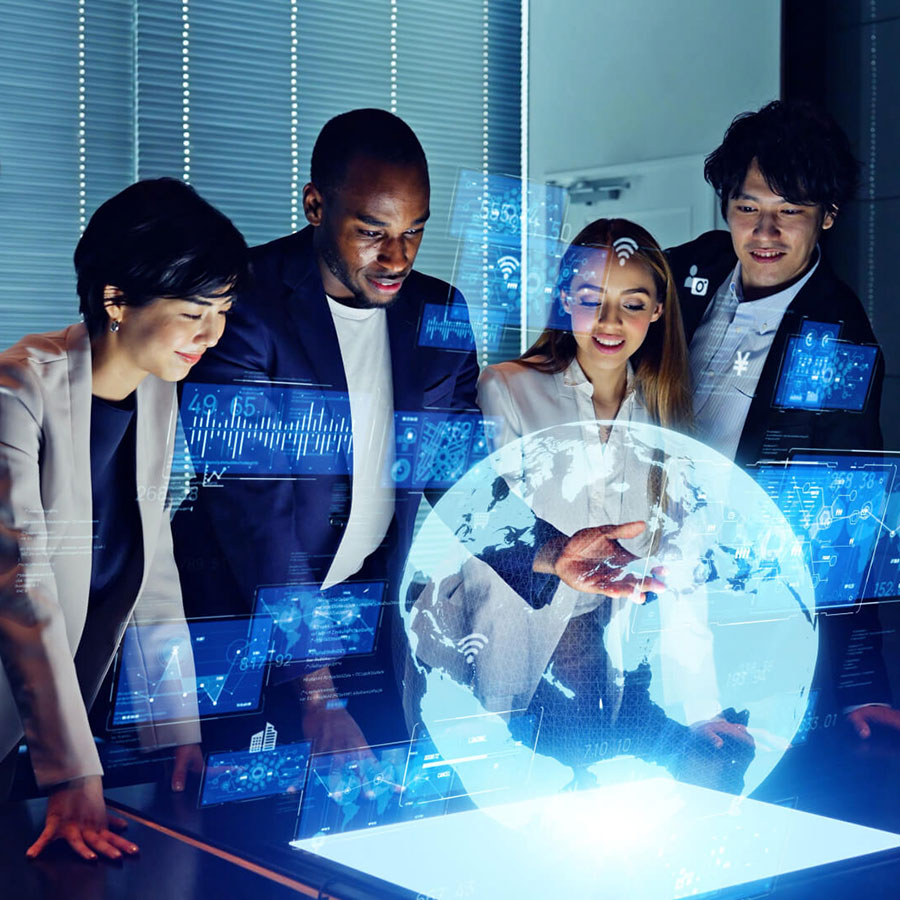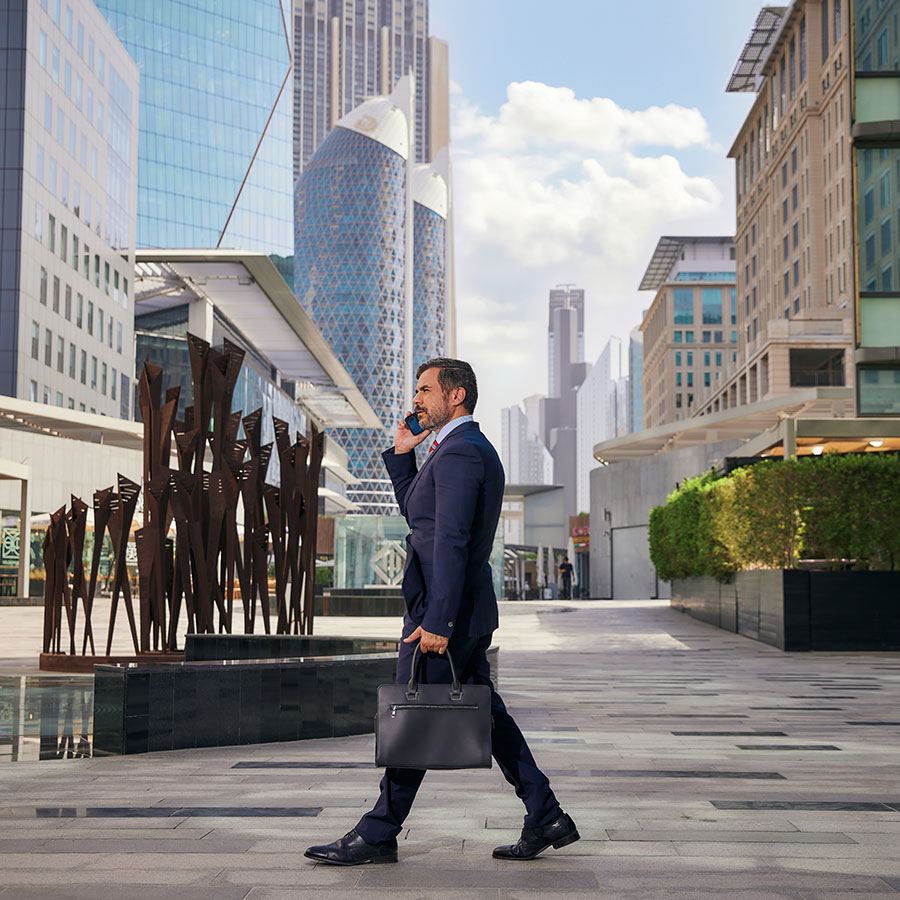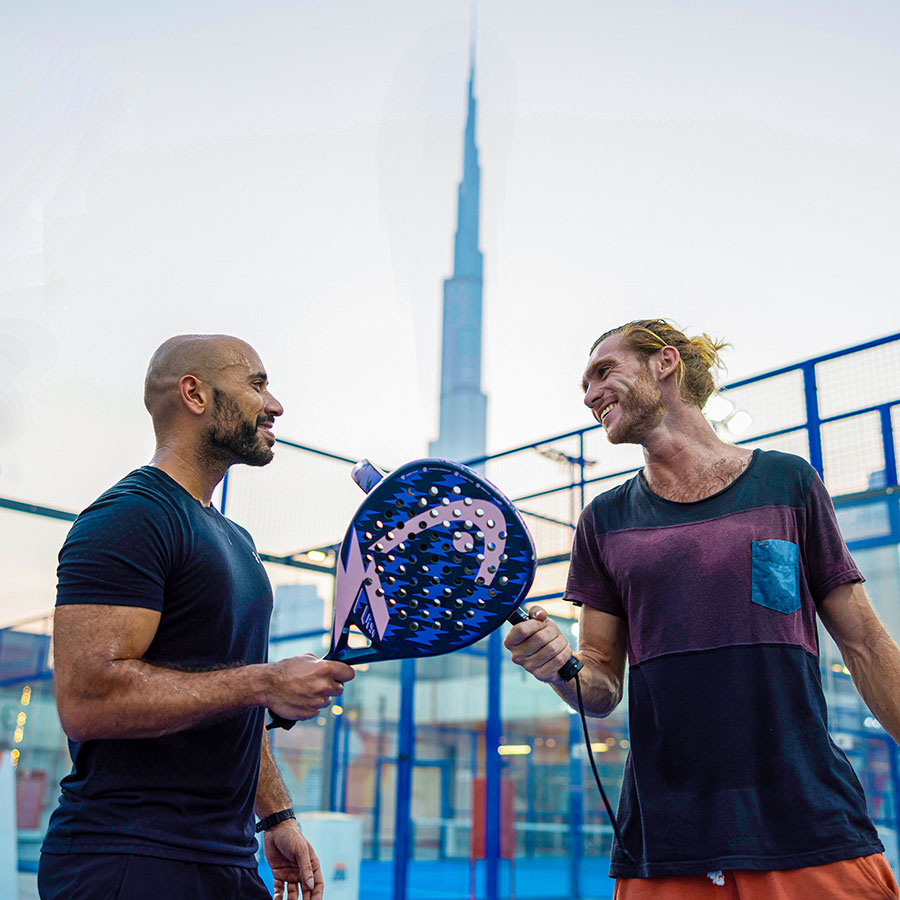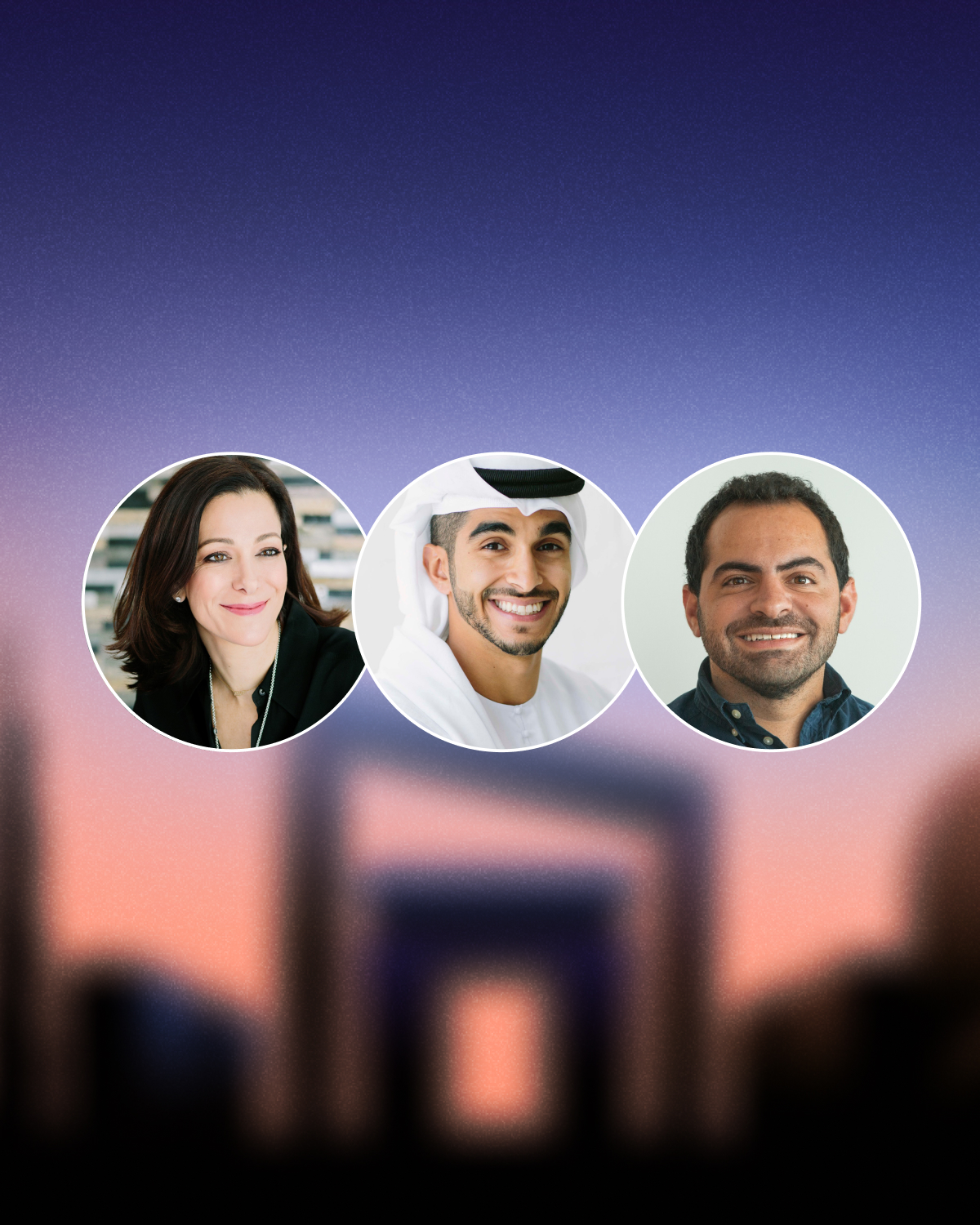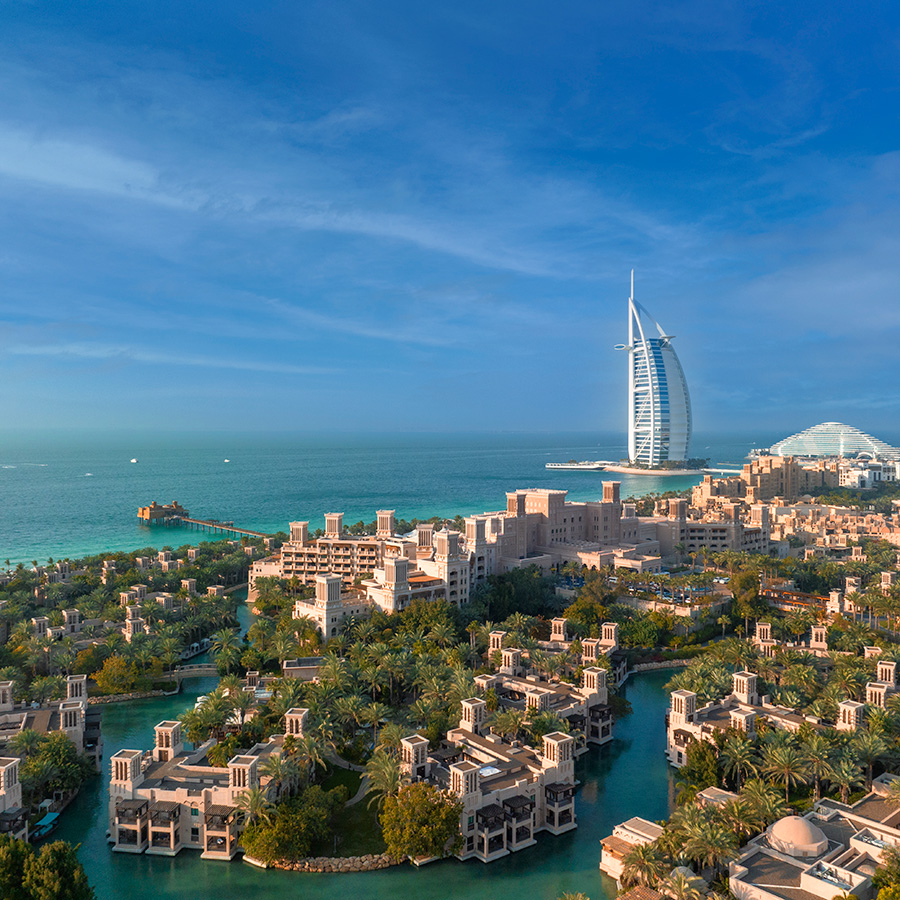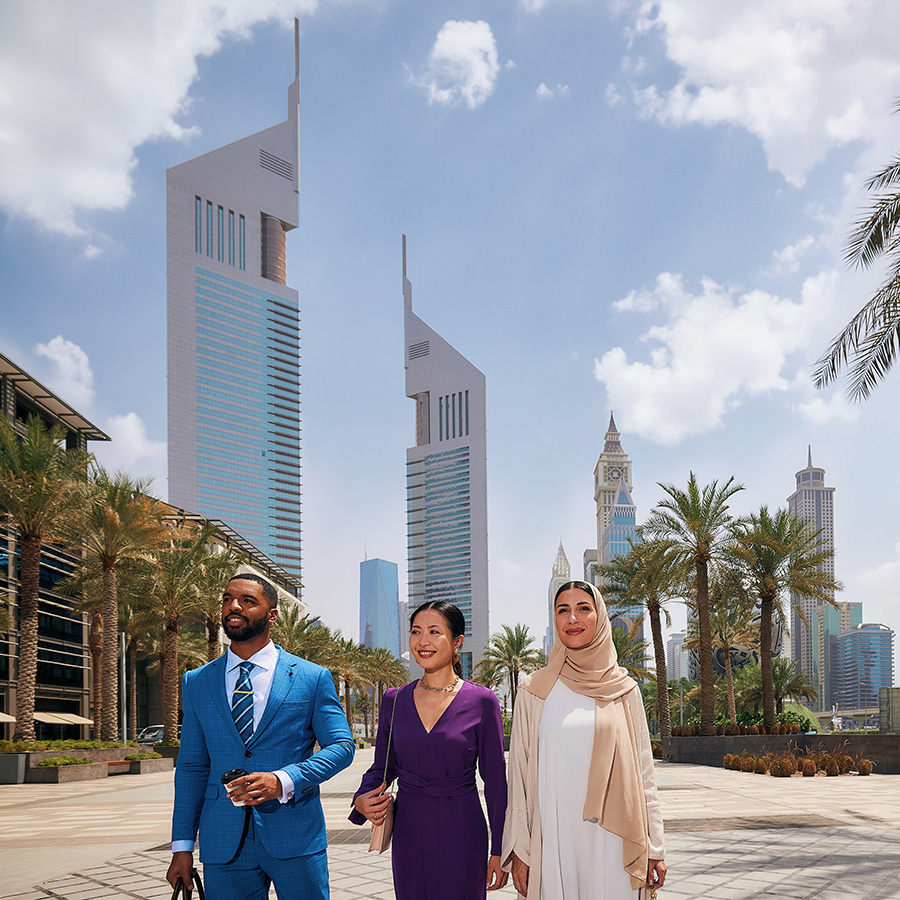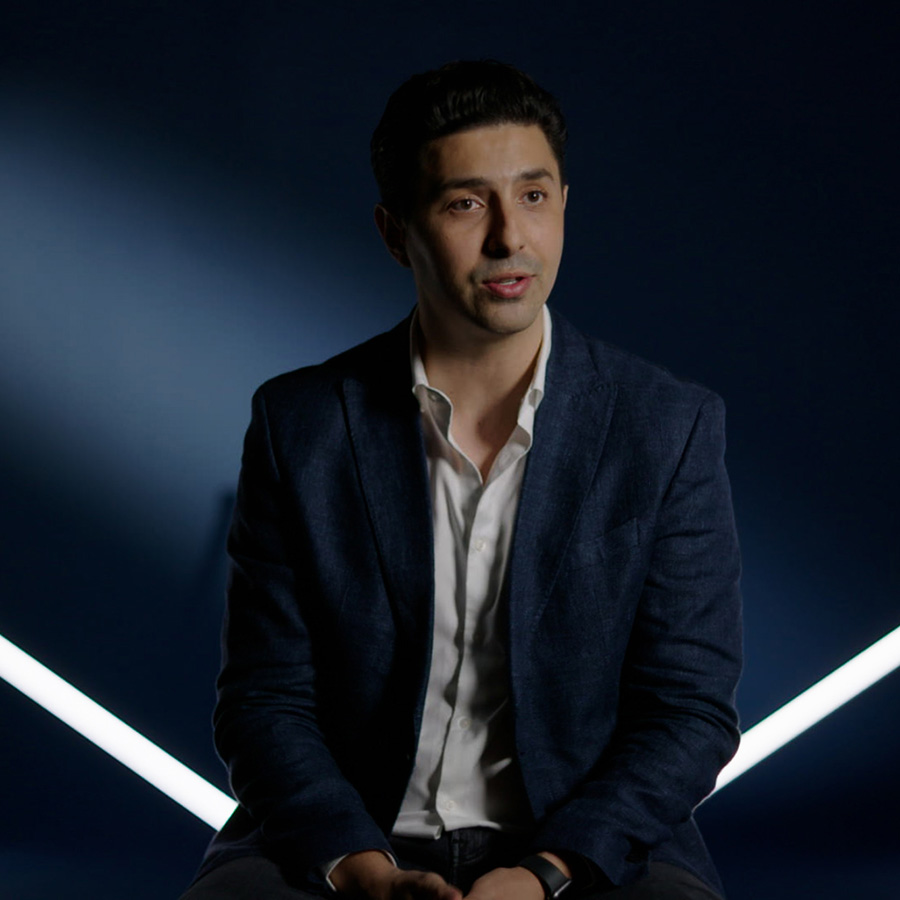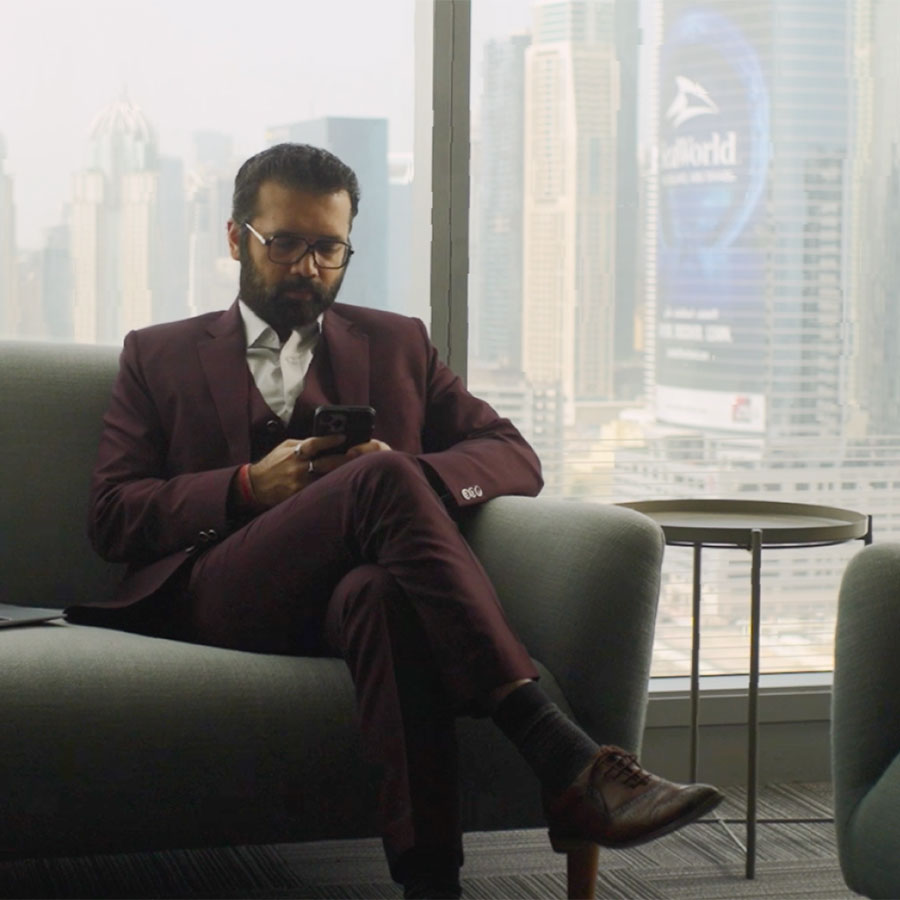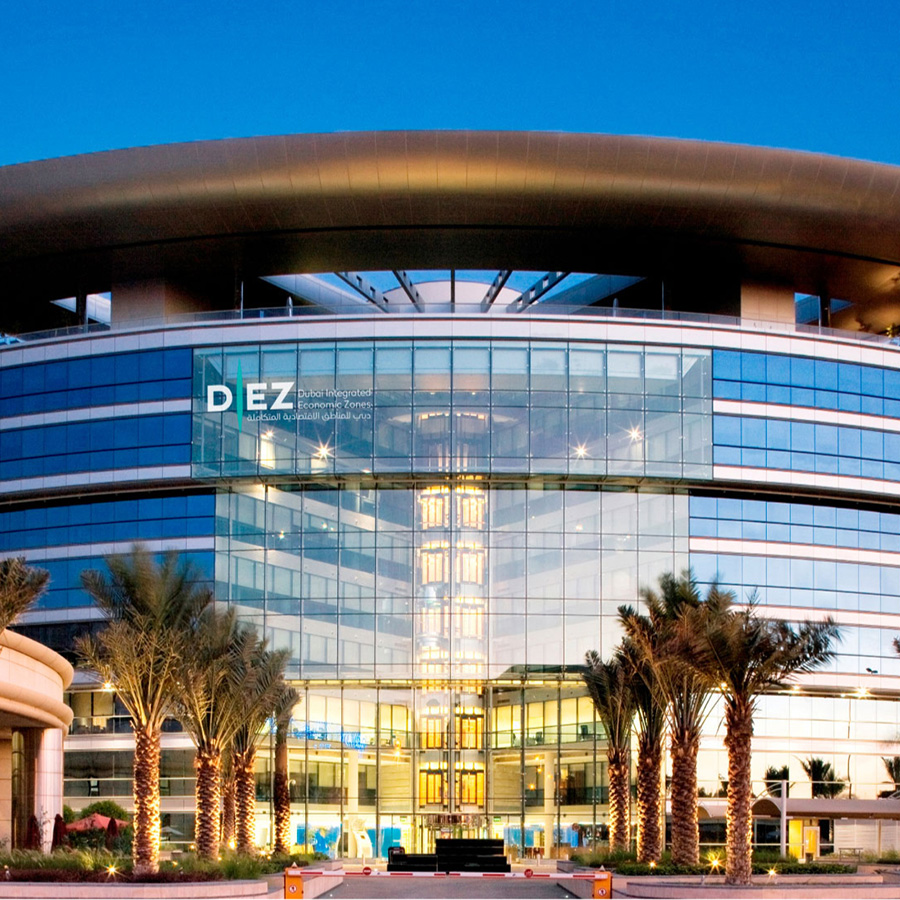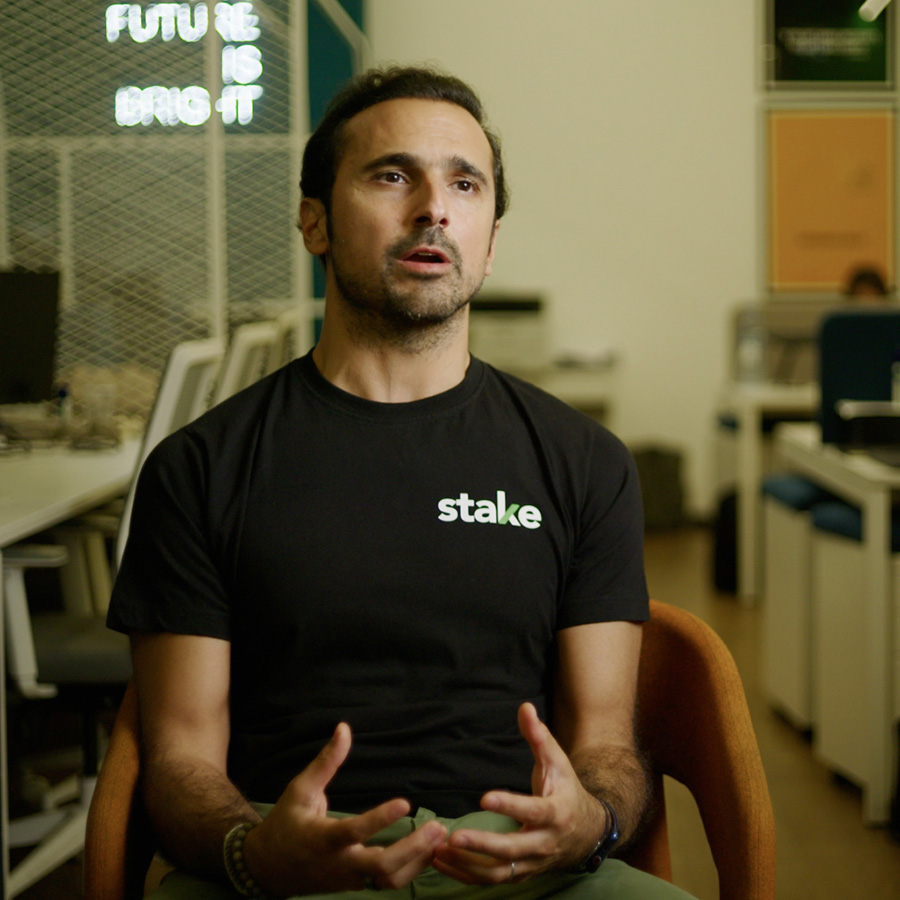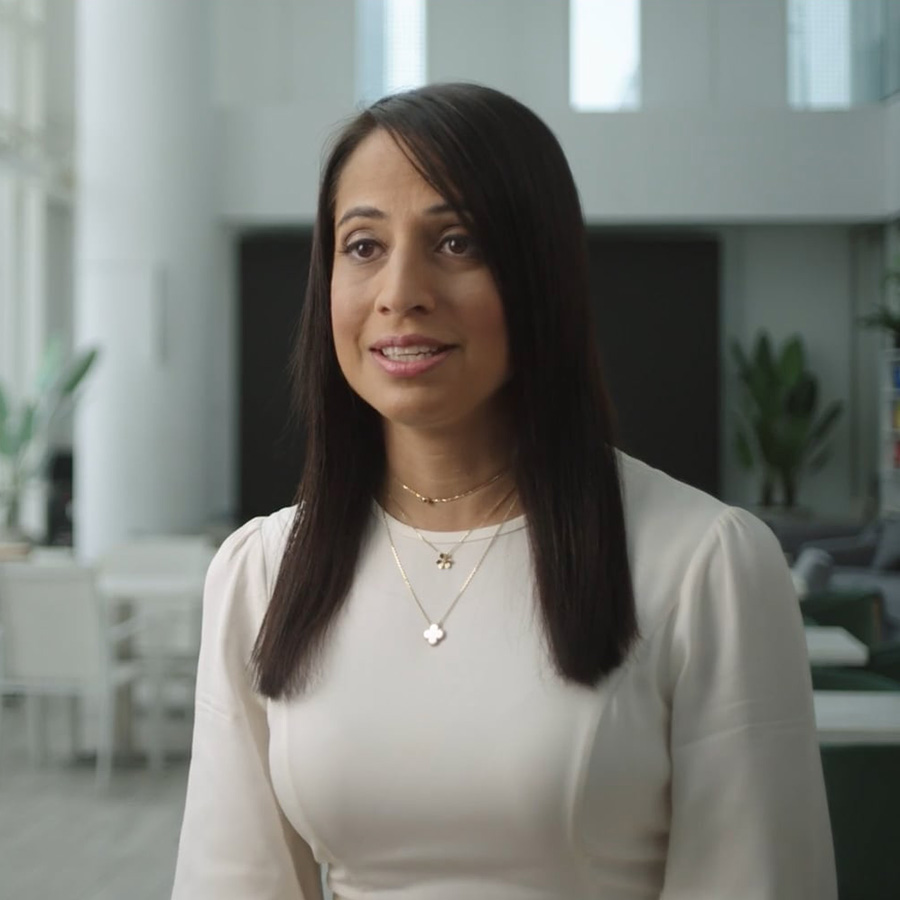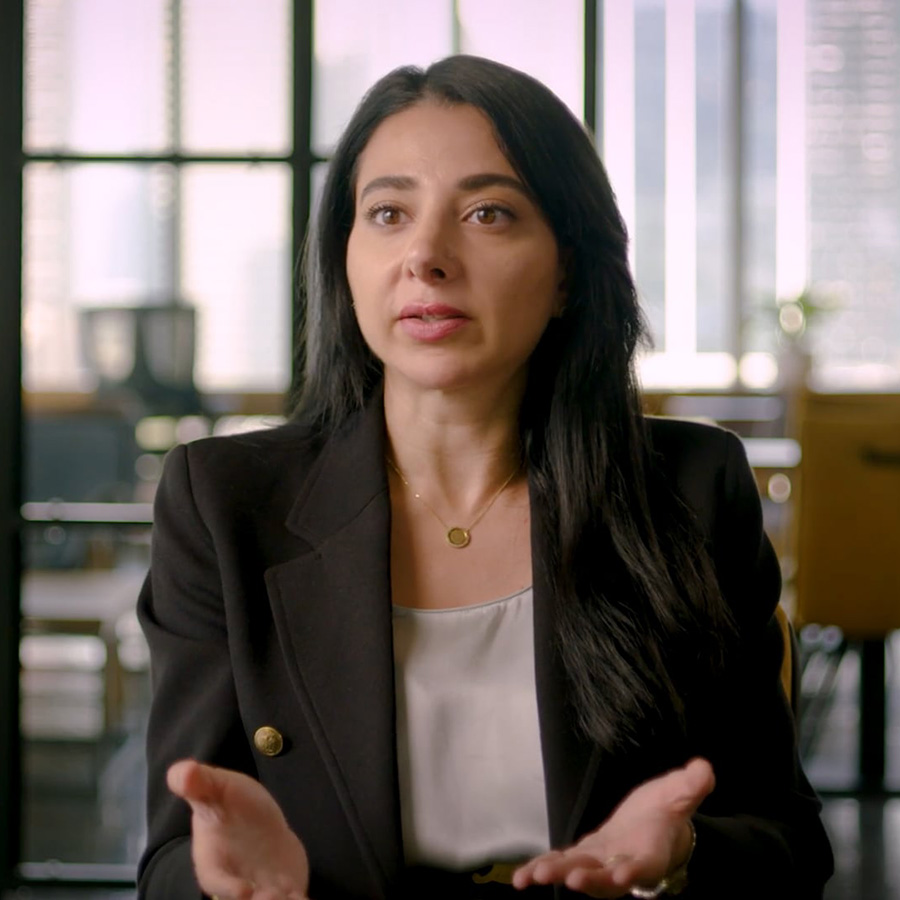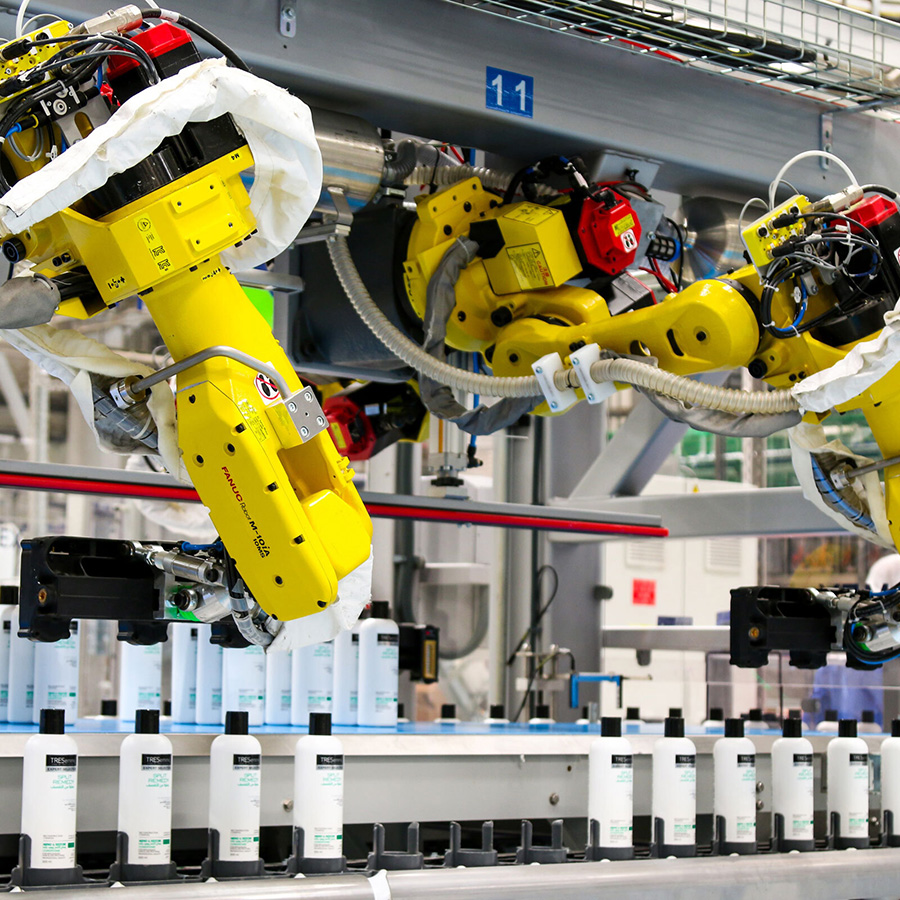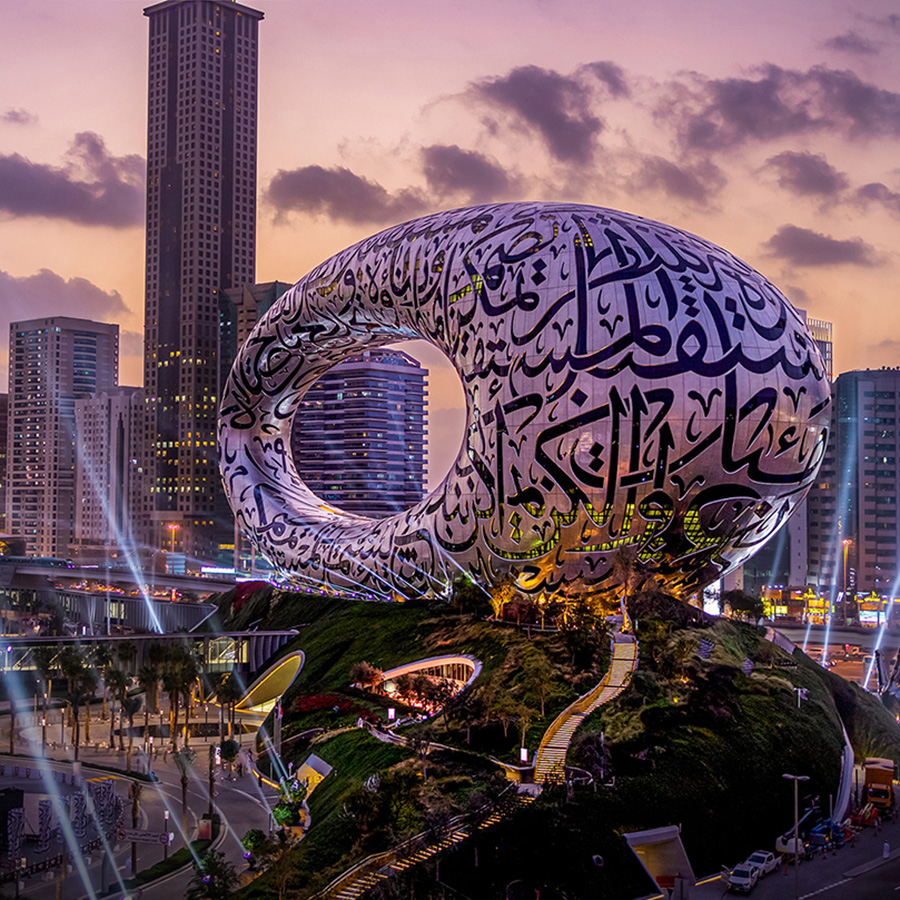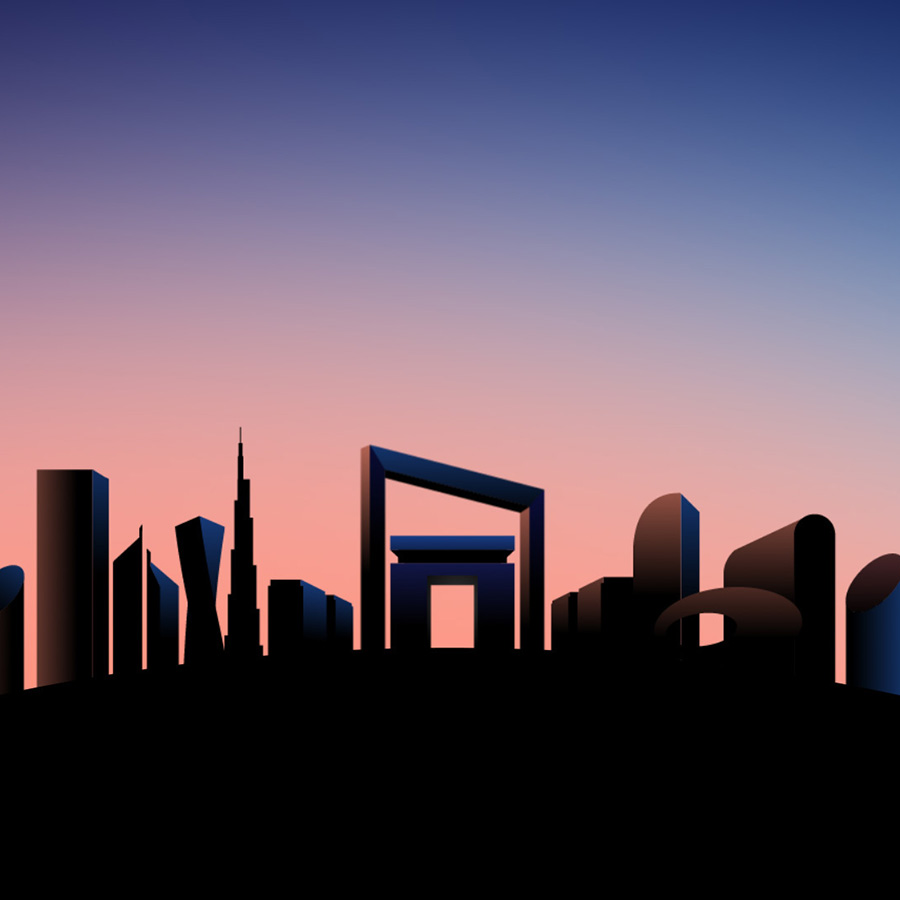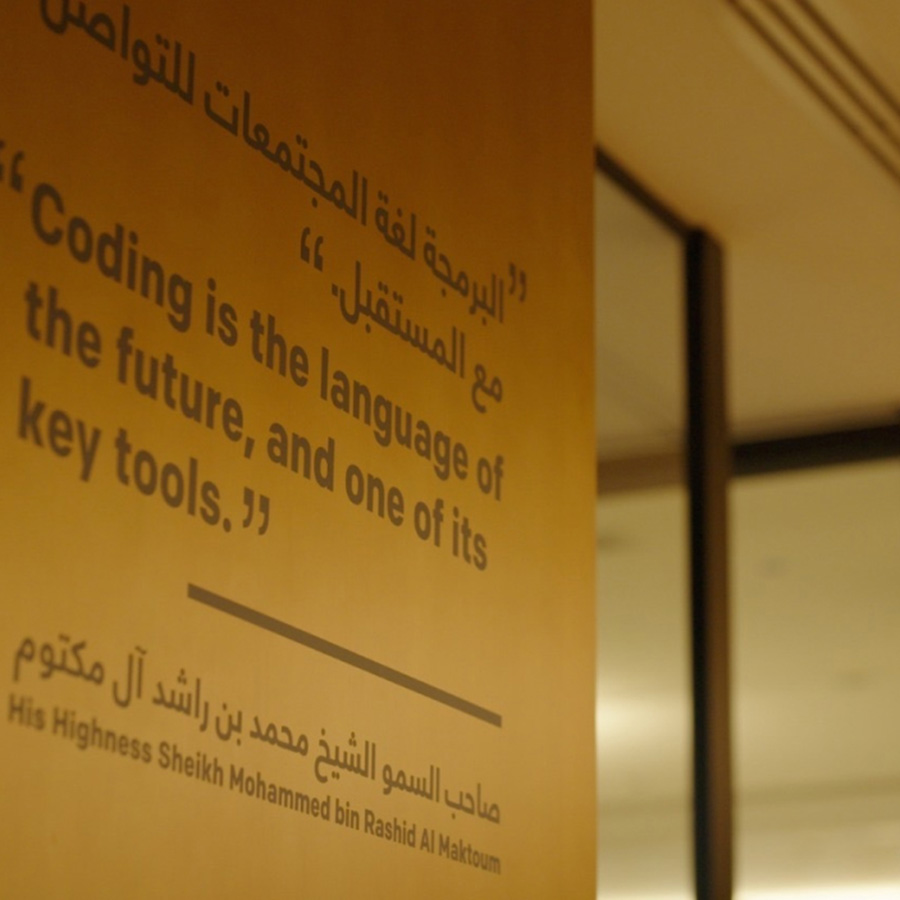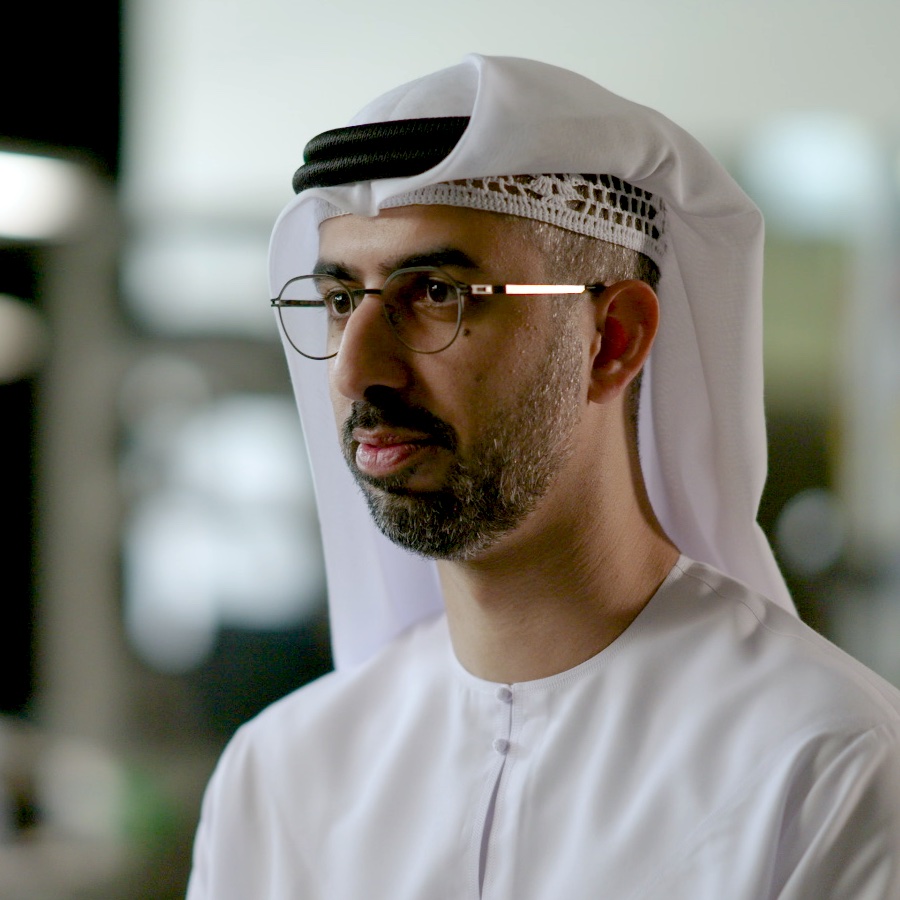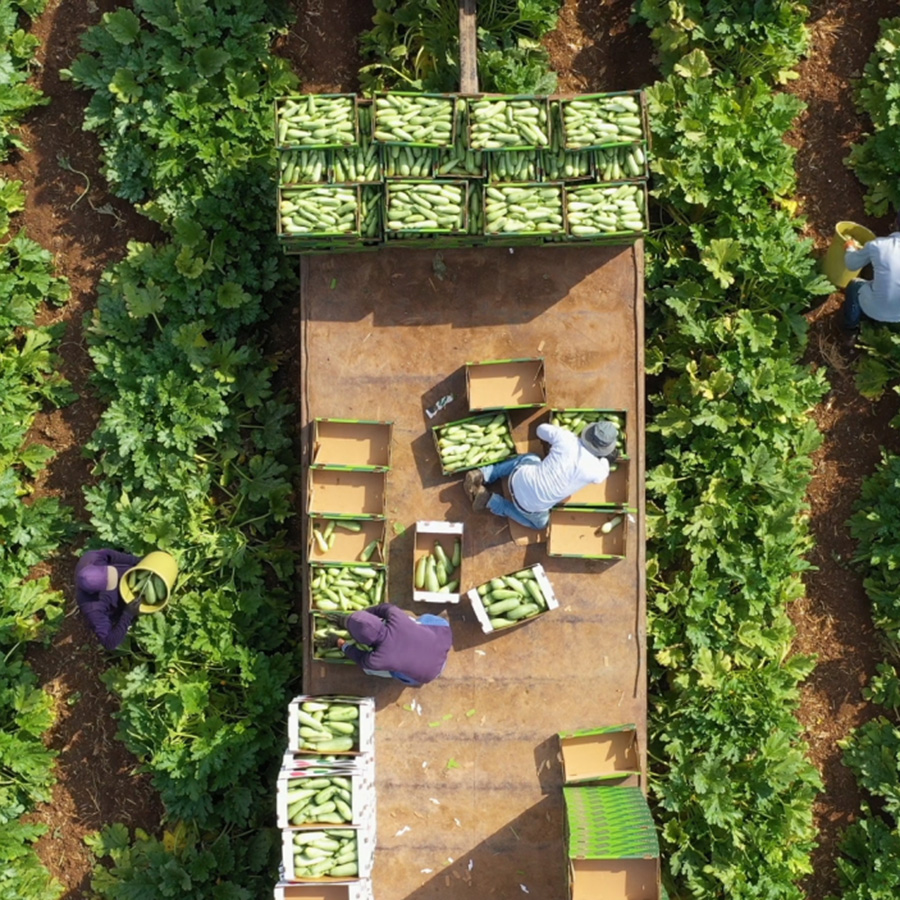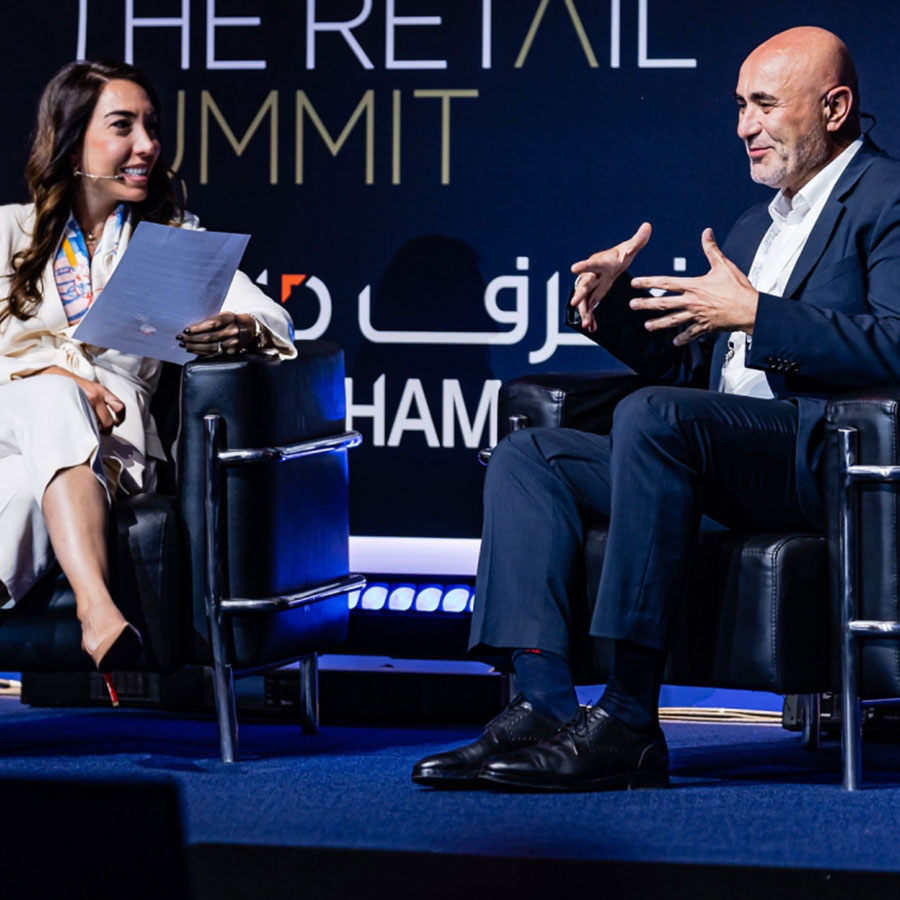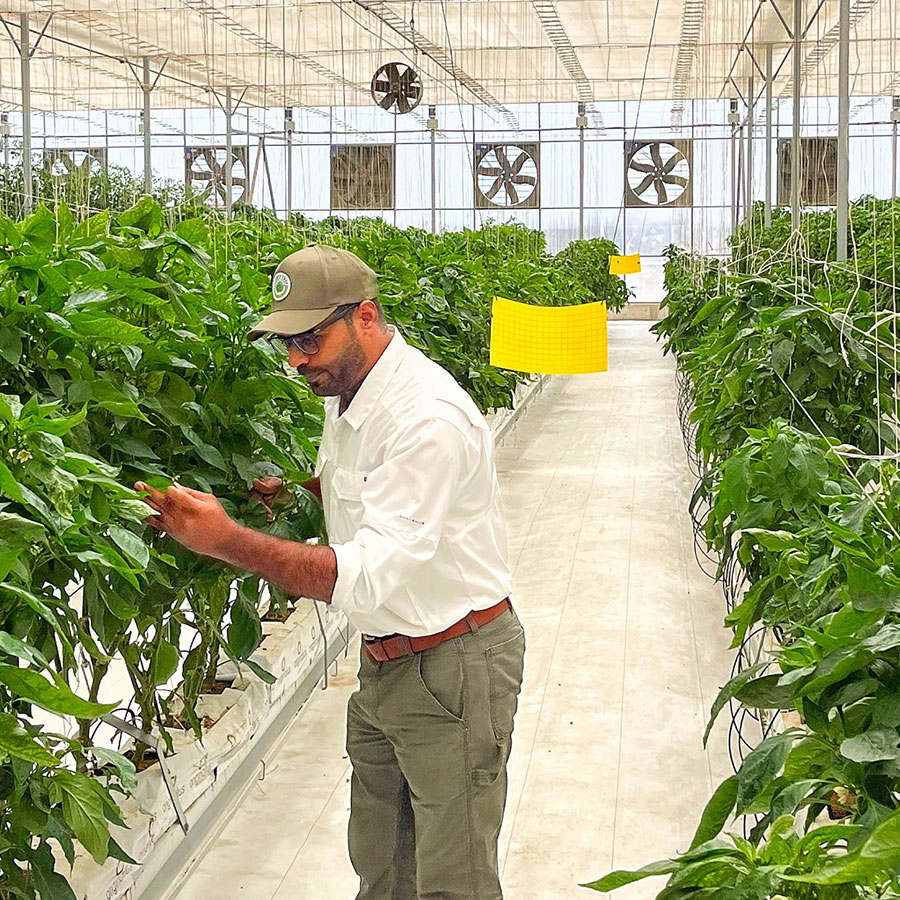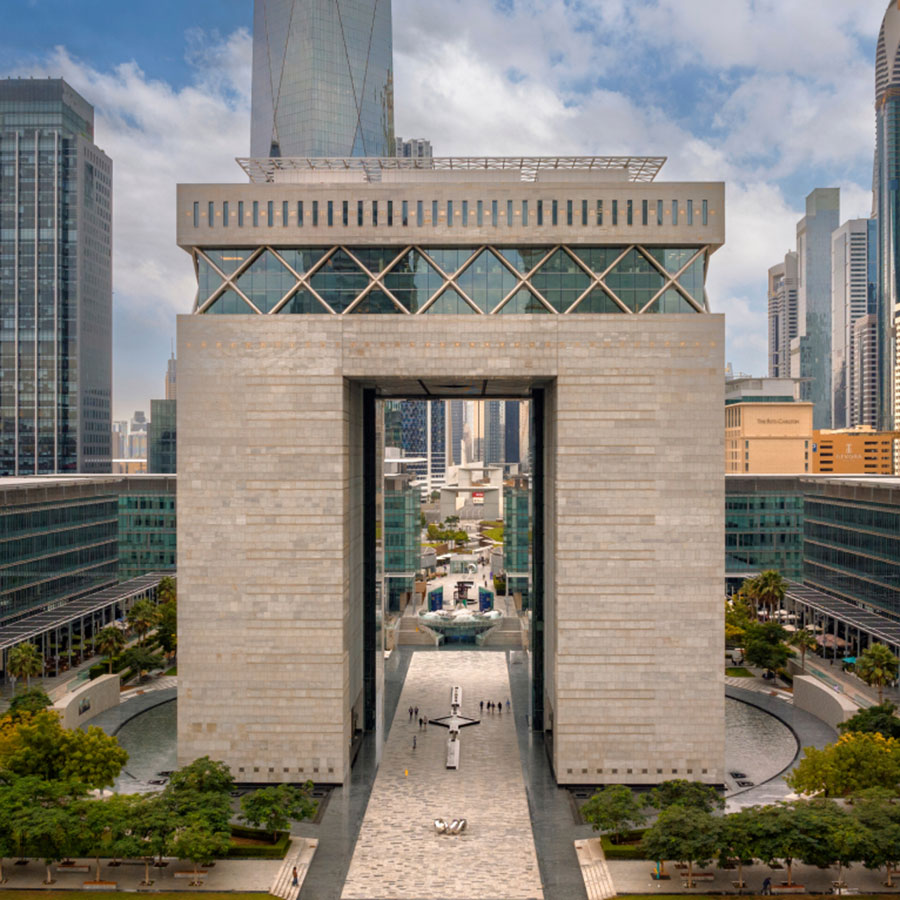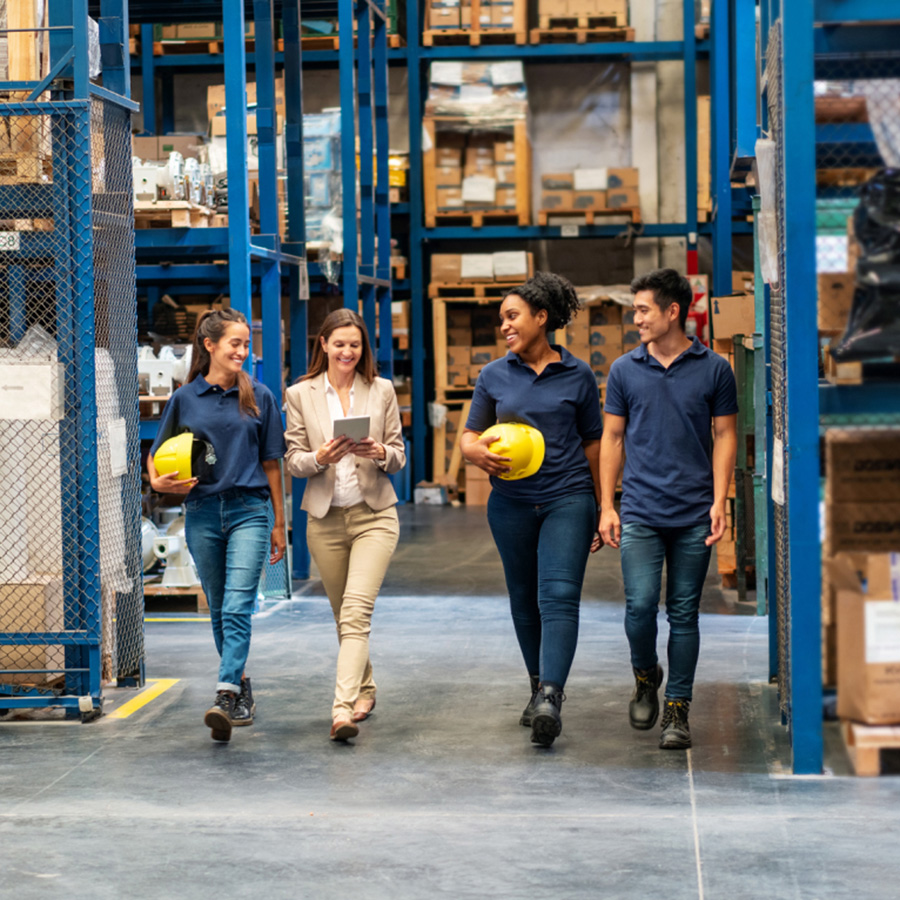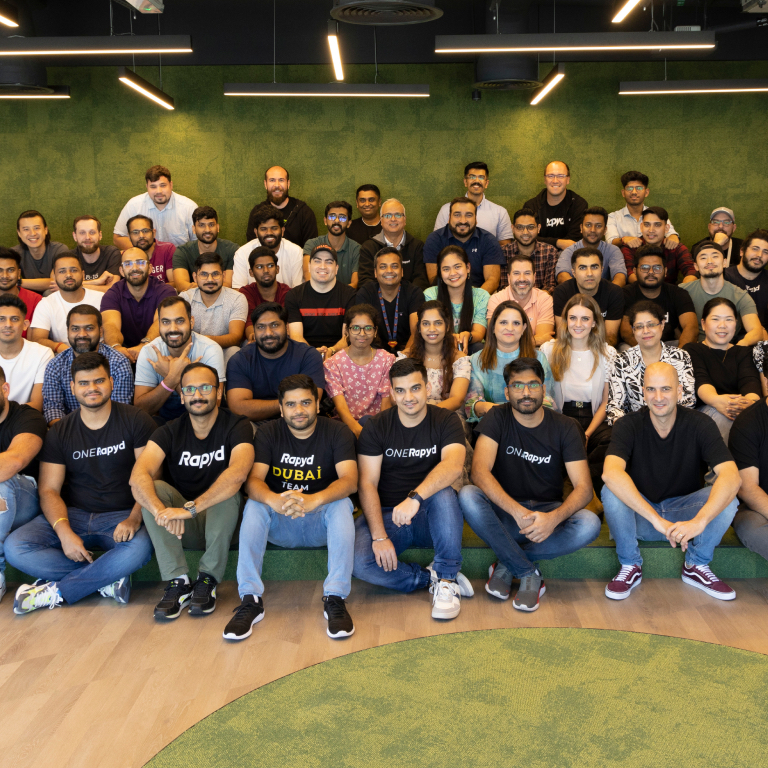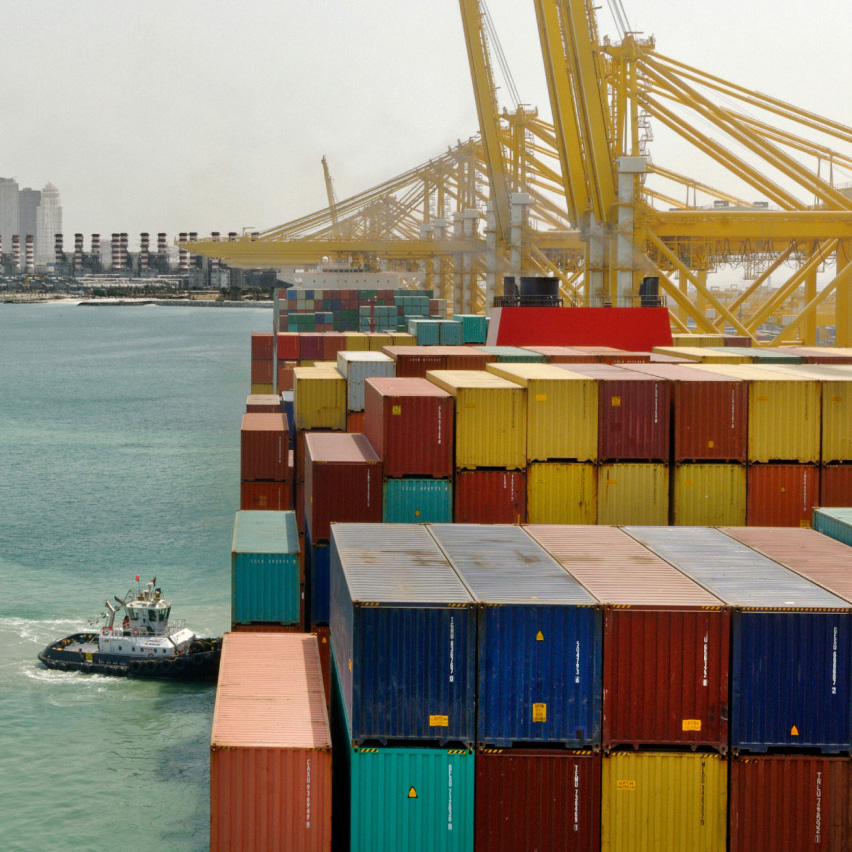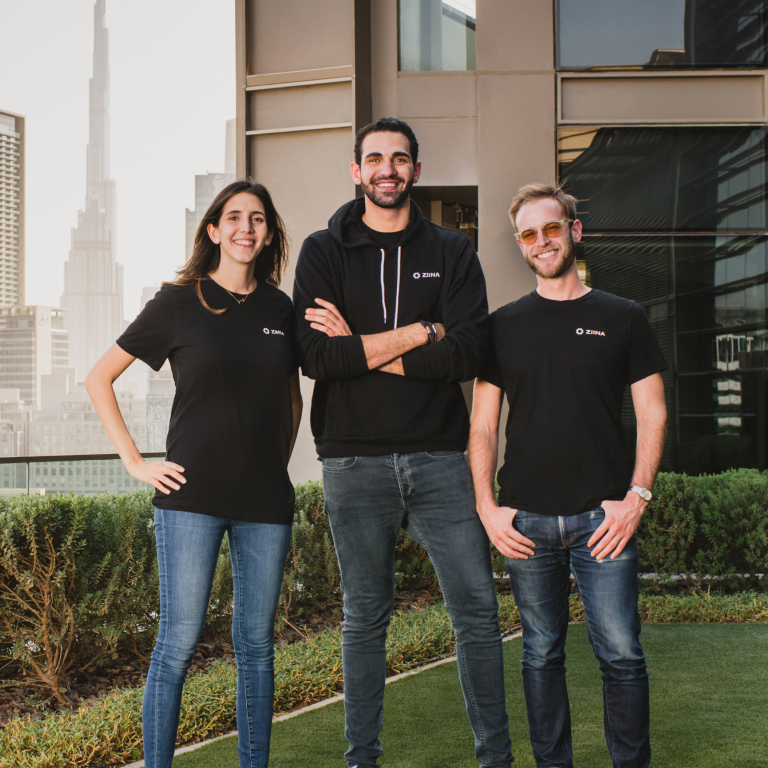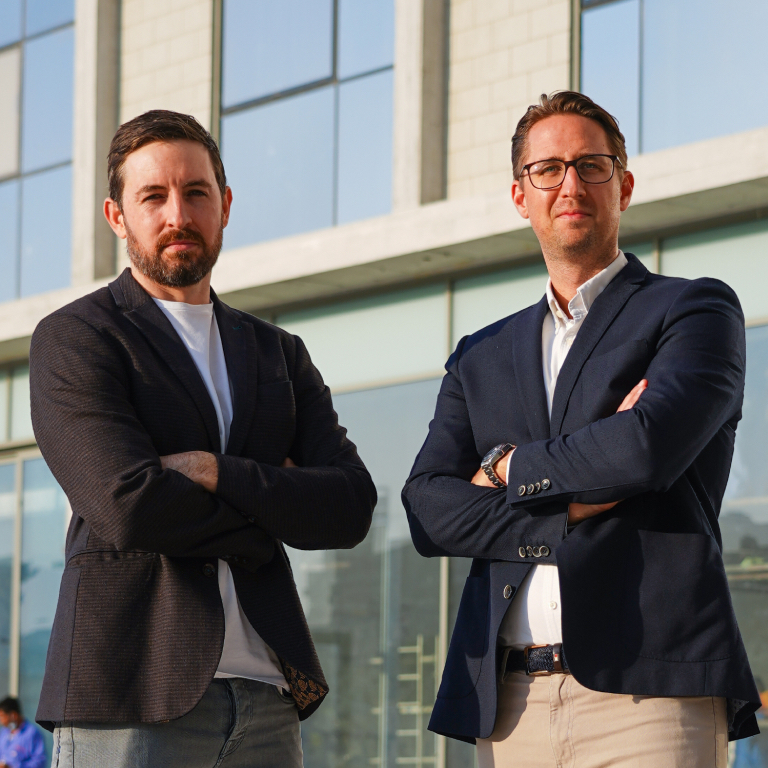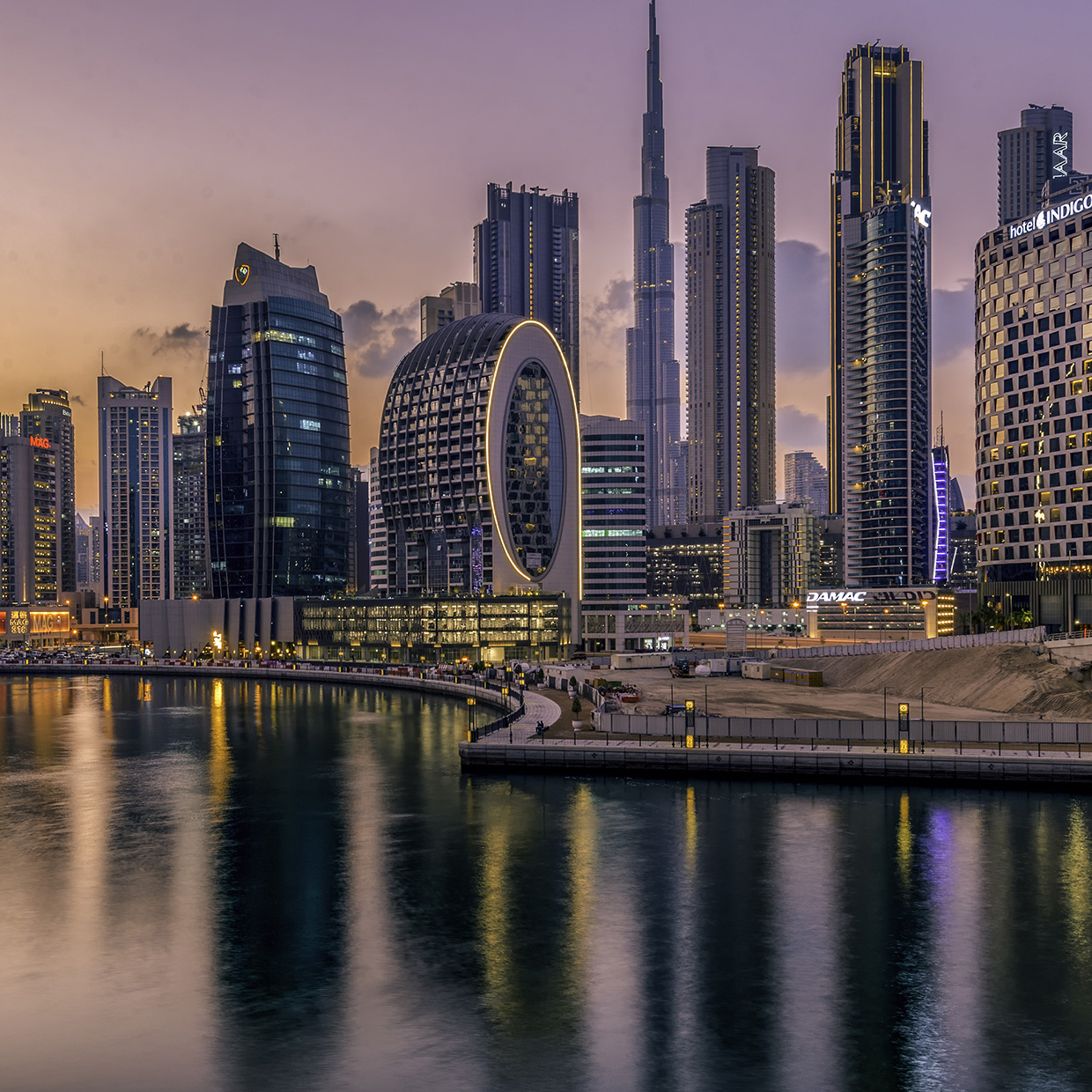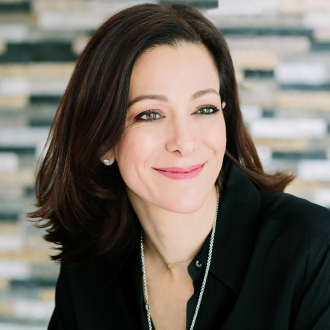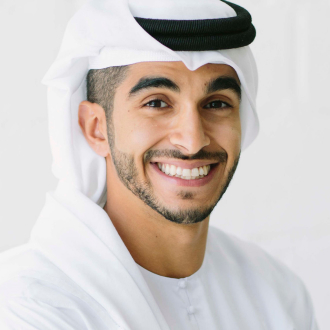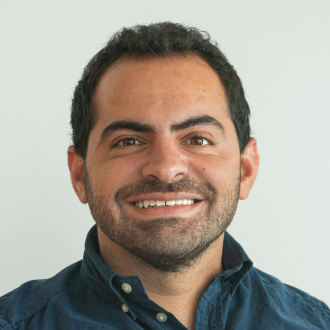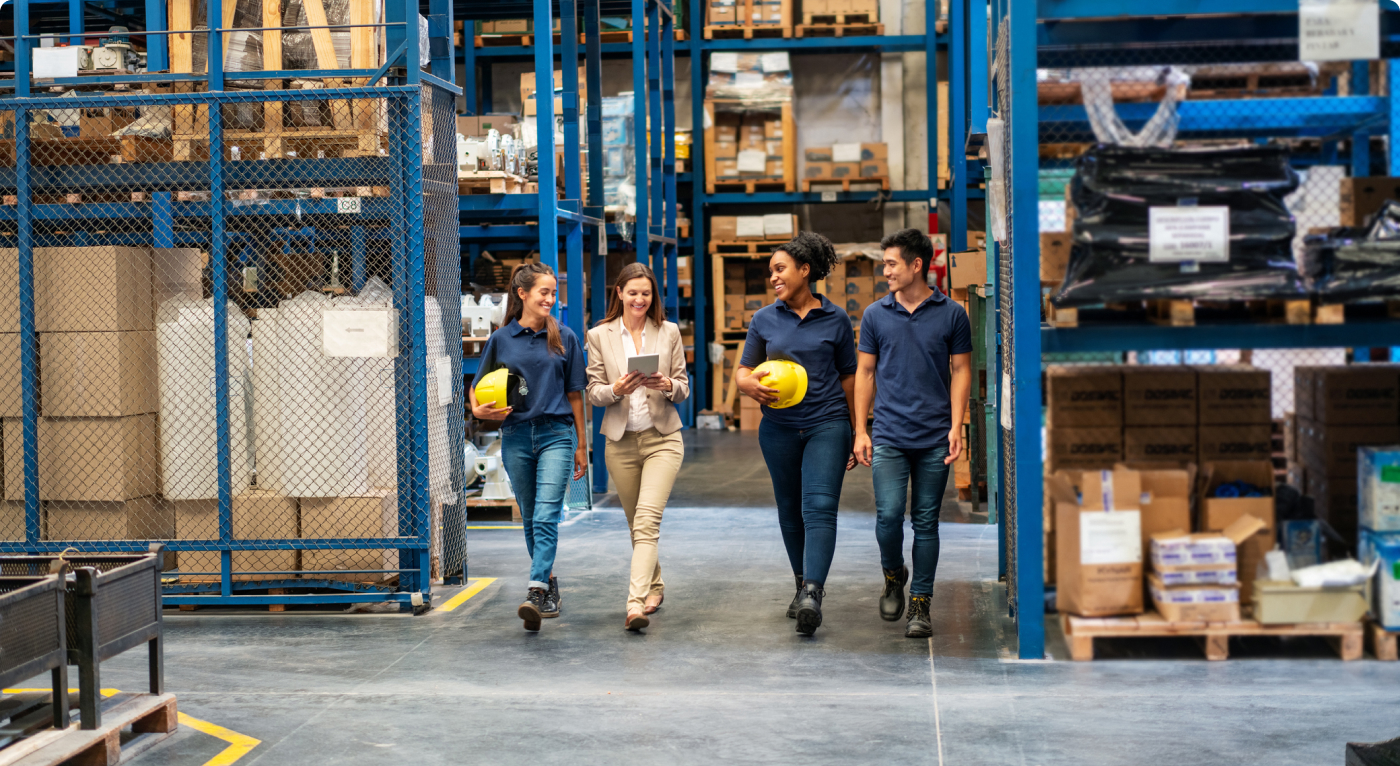
Business and government must collaborate to respond to the challenges confronting the sector
The logistics sector is undergoing enormous change. The economic rise of the global south, coupled with the aftershocks of rolling crises, is redrawing trade routes and straining capacity.
At the same time, climate change requires extraordinary levels of investment and innovation to make the necessary carbon- and resource-efficiency savings.
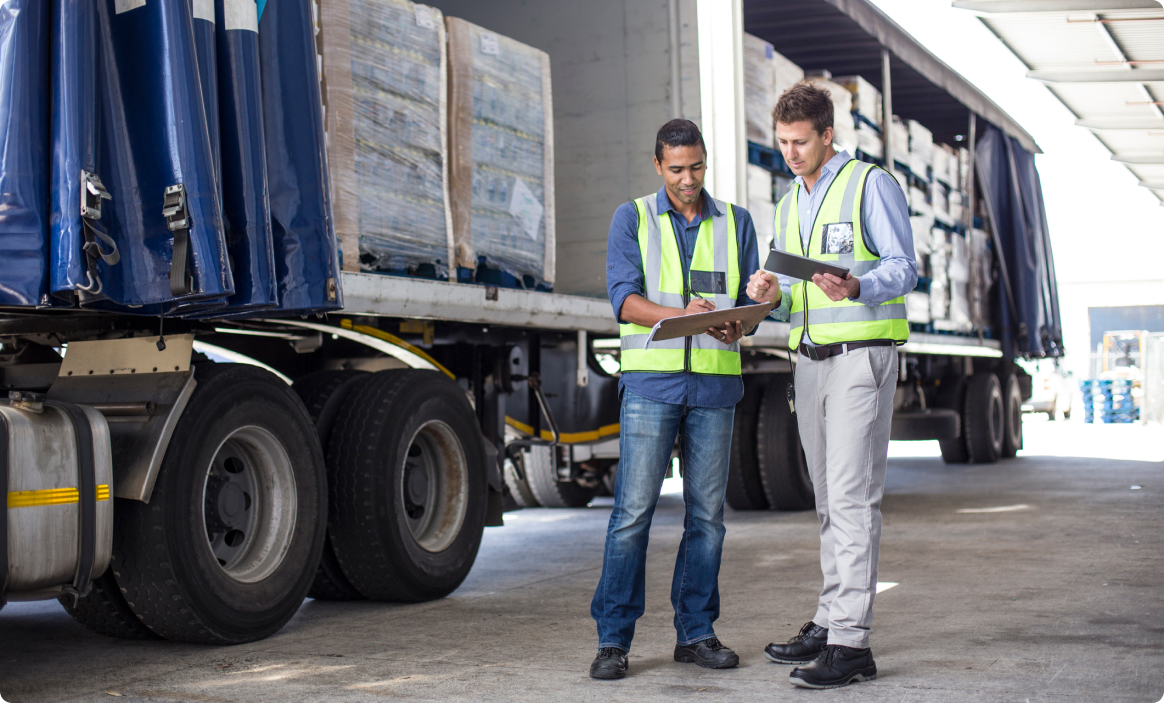
For a sector operating on such massive scales, meeting these challenges requires a potent combination of colossal investment, clear policy direction, innovation, and agility – an alchemy that can only be achieved by government partnering with business.
As a major trading gateway between east and west, Dubai is playing a pivotal role in shaping the future of logistics. And in its approach, it has become a standard-bearer for public-private cooperation.
Partners in infrastructure
“Dubai is the third largest re-export market in the world,” says Abdulla Al Hashmi, COO, Parks & Zones, DP World. “And the UAE government aims to double the sector by 2033.” This goal will undoubtedly be bolstered by the Dubai Economic Agenda ‘D33,’ which seeks to enhance foreign trade across the world and add a further 400 cities as key trade partners over the next decade.
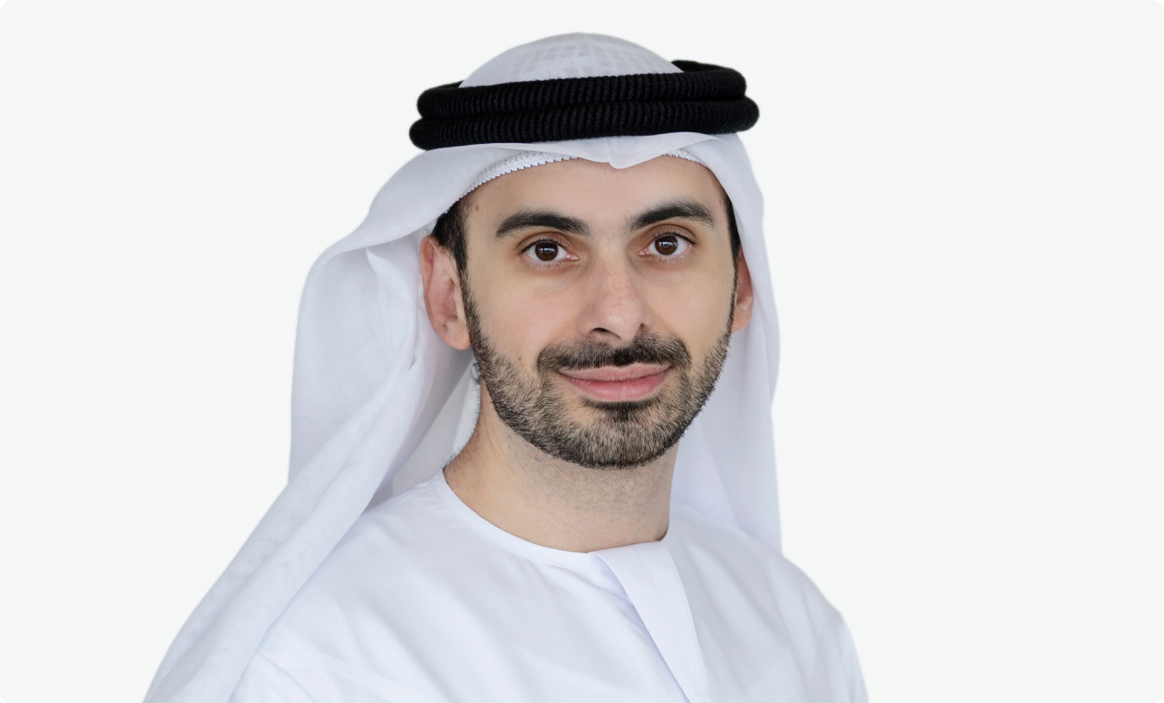
DP World provides end-to-end supply chain solutions and has operations in over 75 countries, across six continents, including more than 40 container terminals. In 2022 alone, DP World handled approximately 79 million TEUs (twenty-foot equivalent units) across its global portfolio.
In total, the global container throughput was around 800 million TEUs, so DP World facilitated “approximately 10% of the world's total containerised cargo,” says Al Hashmi.
The success of DP World today as a leading global trade enabler can be traced back to its flagship facility, the Jebel Ali Port in Dubai. This success would arguably have never been possible without an enterprising pro-business government that granted DP World the right to develop and operate the facility as a public-private partnership (PPP).
The port has “more than 100 berths across 25 kilometers of quay, equipped to handle all types of cargo,” says Al Hashmi. Situated in the Jebel Ali Free Zone (Jafza) – which provides industrial and logistics facilities within a zero-tax area – it offers a “unique multimodal ecosystem by connecting Jebel Ali port to Maktoum International Airport through a unified customs bonded corridor.”
“DP World collaborates with the Dubai government to identify avenues for economic expansion.”
— Abdulla Al Hashmi, COO, Parks & Zones, DP World
DP World manages other free zones in the emirate such as the National Industries Park and Dubai Auto Zone. “DP World collaborates with the Dubai government to identify avenues for economic expansion and create the essential infrastructure to facilitate it,” says Al Hashmi.
A key part of that process is the Dubai Department of Economy & Tourism. The body helps businesses to establish themselves in the emirate, in part by matching them with zones like Jafza. It also identifies opportunities for domestic businesses, aligning their interests with national roadmaps like the Dubai Economic Agenda ‘D33.’
The body’s focus in the coming years will be doubling the volume of Dubai’s foreign trade, scaling manufacturing value added (MVA) and exports by focusing on advanced modes of production, and launching Dubai’s Future Economy Corridors 2033 with Africa, Latin America and Southeast Asia.
Dubai Department of Economy & Tourism’s collaboration with DP World is just one example of the public sector joining the dots between its private partners – marrying profit with public good.
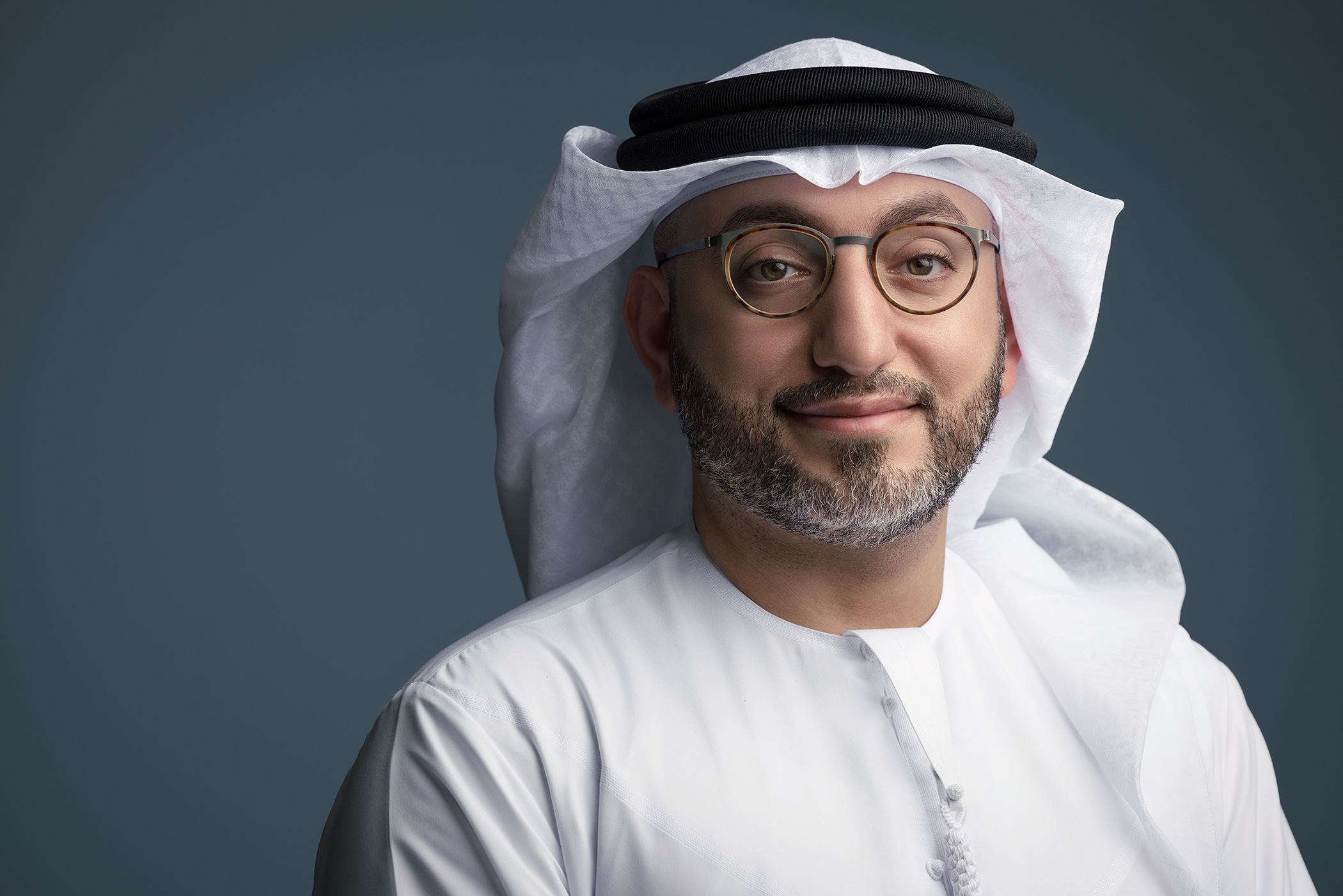
Al-Shawareb says Dubai Industrial City works closely with the UAE Ministry of Industry and Advanced Technology (MoIAT) to attract manufacturers, particularly in support of its Industry 4.0 program, which “aims to attract foreign investors and facilitate decarbonization across the industrial sector.”
Notable successes include Unilever’s “highly automated facility in our district, recognized as an ‘Advanced 4th Industrial Revolution Lighthouse’ by the World Economic Forum,” says Al-Shawareb, and Enviroserve, which “operates the world’s largest integrated e-waste recycling plant.”
These successes point to a key benefit of public-private models: by sharing risk and resources, they create more space for the kind of innovation required to streamline and decarbonize logistics.
Room to innovate
DP World is already trialling autonomous vehicles at Jebel Ali Port, alongside its robotic container stacking system BoxBay, which is a solar-powered container storage system designed to save space and energy and was developed by DP World and Germany's SMS Group. Both of these drive resource- and carbon-efficiency.
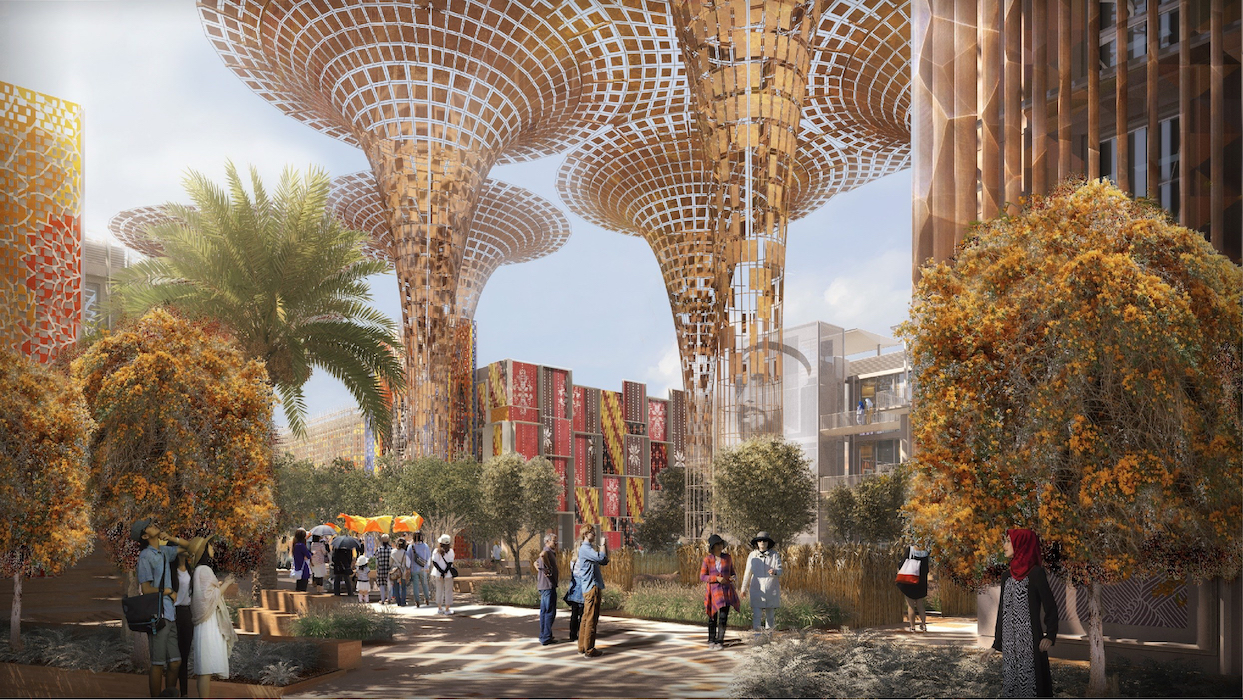
But arguably the most future-forward initiative in Dubai is MindSphere. At the Dubai-hosted World Expo 2020, Siemen’s Industrial Internet of Things (IIoT) platform operated as a “central nervous system to connect buildings, machines, and infrastructure,” says Matthias Rebellius, CEO of Smart Infrastructure, Siemens.
Using “210,000 data points, 5,500 doors, and 15,000 cameras,” the Expo 2020 site became both testbed and blueprint for smart cities, optimizing everything from building security to water and energy usage. “Energy savings of 30-40% can be achieved in most buildings,” says Rebellius.
The Expo 2020 site is now transitioning into District 2020, a mixed-use smart city where Siemens will soon base its logistics arm – a sure path to proliferating MindSphere across Dubai’s logistics sector.
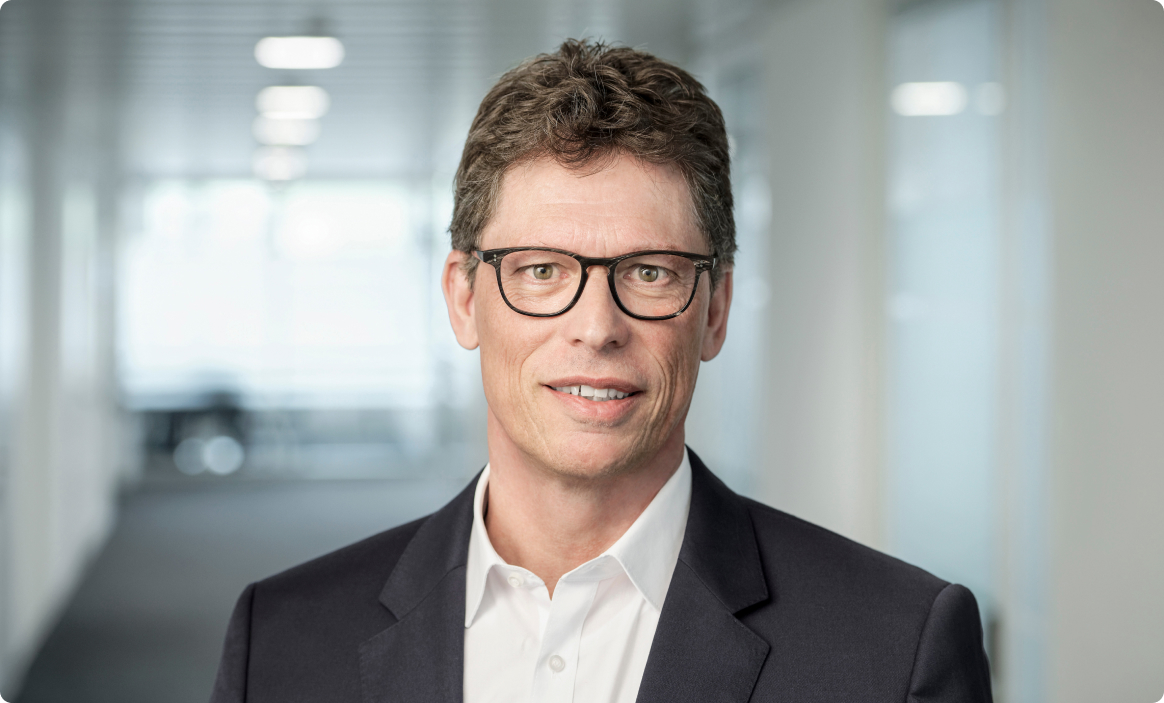
Working Together
Logistics is a sector operating at a colossal scale, with enormous impact. Dubai is demonstrating how public-private partnerships allow for enormous resources to be marshalled and skillsets to be combined, allowing for the development of new solutions and technologies that will ultimately shape the future.
Sheikh Hamdan bin Mohammed Al Maktoum, Crown Prince of Dubai, has recently emphasized how public-private partnerships are key to achieving the objectives of the Dubai Economic Agenda "D33."
"The strong partnerships between Dubai's public and private sectors have led to exceptional economic outcomes in the emirate and were a key driver of its growth," he said. “We seek to further consolidate these partnerships and enhance the city’s business environment to support the growth of private sector companies in Dubai.”
The future is being crafted by deep collaboration – and Dubai is setting the example.
